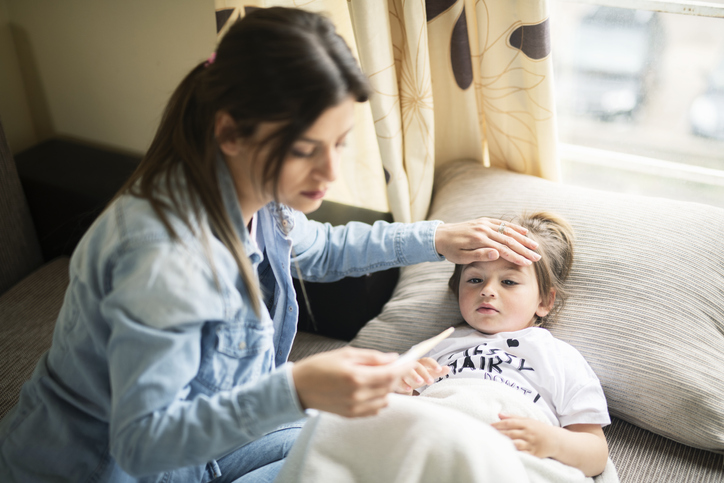How to Prevent and Treat Otitis
Learn about the different types, treatments, and aftereffects of otitis
Publicado:

What are the symptoms?
The most common types of otitis are acute otitis media; otitis externa (swimmer’s ear), when the ear is infected from fluid and mucus that is stuck in the ear, causing pain; and otitis media with effusion (serous otitis media), which occurs after an infection when fluid or mucus remains in the ear and prevents you from being able to fight off new infections.
Causes of otitis externa (swimmer’s ear)
If you swim, bathe, or wash your ears often, too much fluid can enter your ears, which gets rid of earwax and promotes germ growth. This can also happen when the ear canal skin is injured from introducing an object into it. Skin conditions and bacteria from hair products can also cause this infection.
When you have a cold, the middle ear can produce fluid just like the nose does, and a canal called the Eustachian tube, which normally drains fluid from the middle ear, can get inflamed. This causes bacteria or viruses to infect the tube lining.
Causes of otitis media with effusion
Otitis may be more common in children than in adults. This is because children’s Eustachian tubes are shorter and narrower than those of adults. It is estimated that most children will have at least one ear infection before age 3.
Treatment
If the doctor thinks that the infection is caused by bacteria, they may prescribe an antibiotic (remember that antibiotics don’t work for infections caused by viruses). It is very important to follow the medication instructions to prevent any risks. Pain medicines like acetaminophen and ibuprofen can relieve pain and reduce fever.
Tips for getting better quickly
Otitis externa (swimmer’s ear) is not difficult to treat, but the ear must be kept as dry as possible for seven to 10 days. Use a cotton ball to protect the ear while you bathe, don’t swim or play water sports, and don’t put anything in your ear, except your prescribed medications. Scratching and scrubbing can make this condition worse.
How to prevent otitis
Some children seem to get a lot of ear infections. If your child has had three infections in six months, or four in one year, the doctor may suggest taking a low-dose antibiotic every day, usually in winter, when these infections are more common.
Sources:
American Academy of Family Physicians; National Library of Medicine; National Institute of Allergy and Infectious Diseases.


